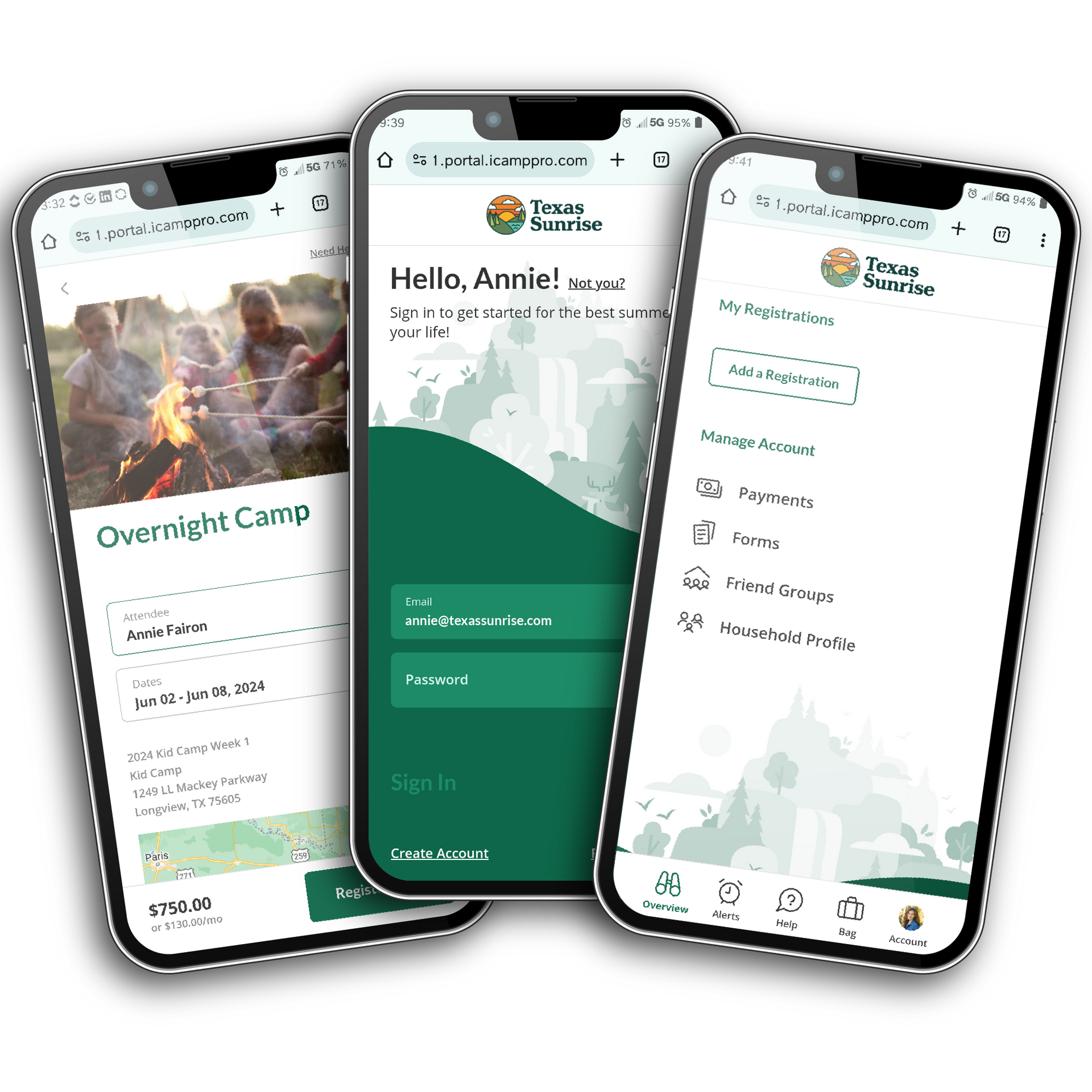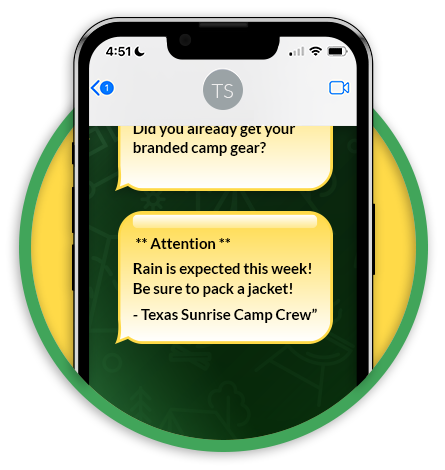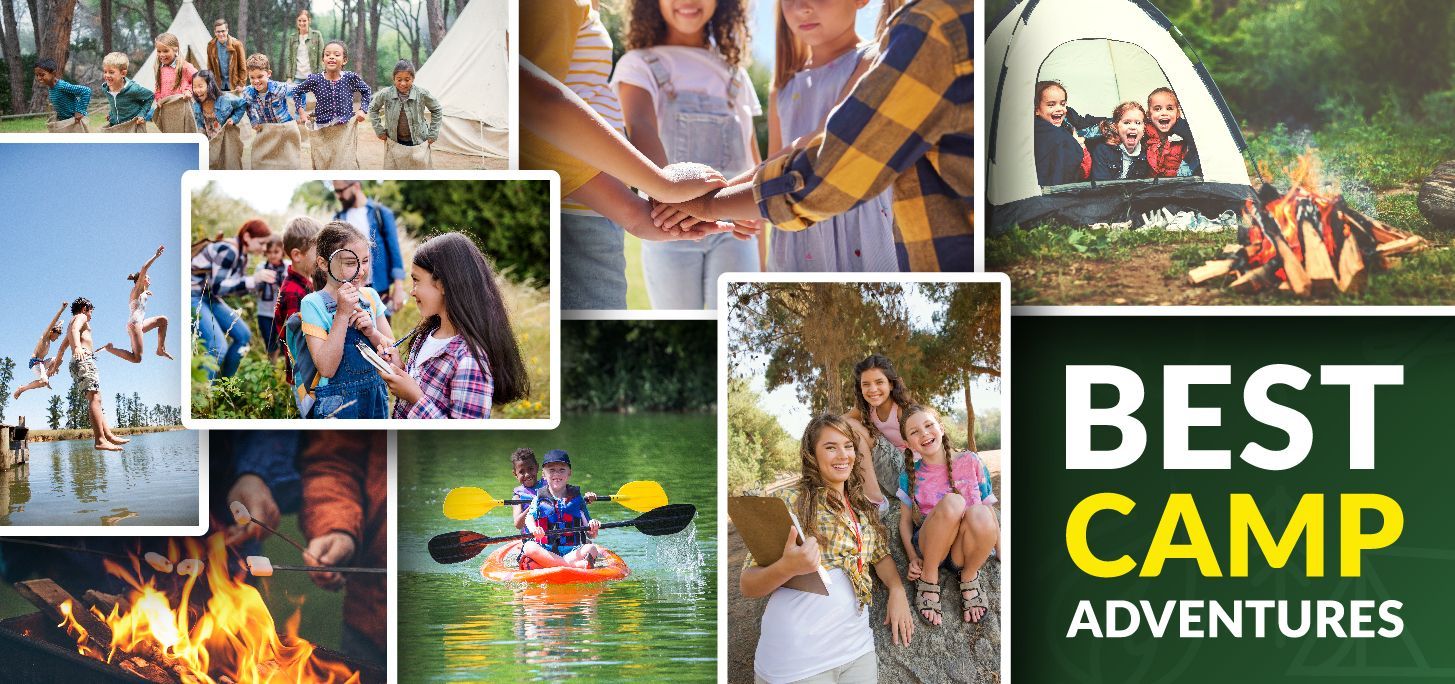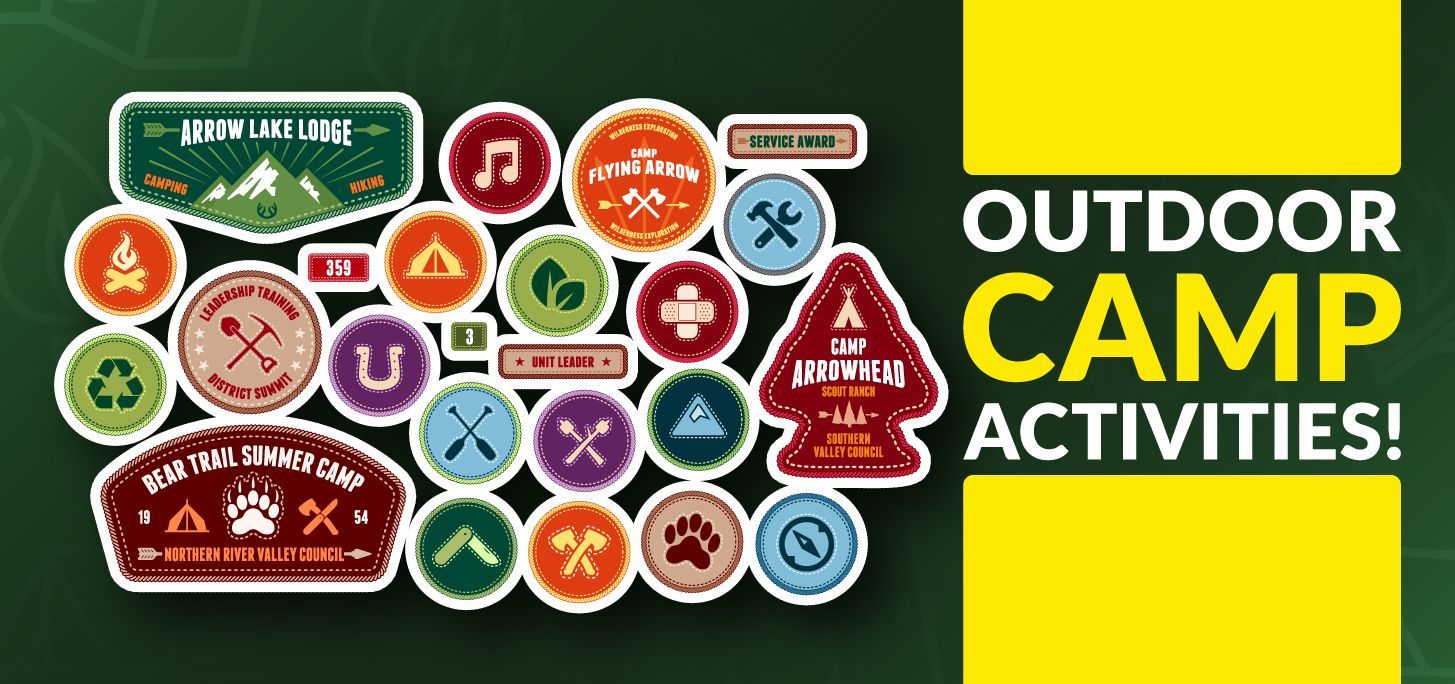7 Ways Mobile Experiences Matter for Summer Camps
Your camp is all about delivering meaningful and engaging experiences. But how are potential campers finding out about your camp? Do you know how they are interacting with your website and registration — or from what kinds of devices?
With over 60% of web searches happening from a mobile device, someone’s mobile experience with your website or registration system will likely influence whether or not they sign up. That means you have to start thinking about mobile-friendliness early in your customer’s journey to keep negative experiences from negatively impacting your bottom line. Crafting a great experience goes beyond simple accessibility from a mobile device.
Below are seven examples of how mobile experiences can impact the customer journey:
1. Online Registration and Payment:
Having mobile-friendly registration and payment options makes it more convenient to find and book the right camp experience on the go. Customers having to change from a phone or tablet over to a computer halfway through the sign-up process will result in lost opportunities and decreased revenue. Camp management software can help streamline the registration process for campers and offer secure payment options to customers up-front.

2. First Impressions: Customers are likely to research your camp from a mobile device - browsing your website, clicking an ad, accessing social media, reading reviews, emailing, etc. These are all excellent opportunities to engage with guardians and potential campers during their downtime when they are more open to making purchases. If they have a bad mobile experience in these early stages, they may not try again.
3. Feedback and Reviews: Google pages and social media provide easy ways for people to read reviews about your camp. Mobile devices also make it easier than ever for people to leave reviews immediately after an interaction with your staff. Encouraging positive reviews can boost your reputation, attracting more campers and increasing revenue. But have you considered that how bad reviews are handled in these public spaces can also leave a positive impression? A well-crafted response can demonstrate that your team truly values feedback. Meanwhile, if bad reviews stack up unmanaged — your reputation can take an even bigger hit.

4. Community Building: Smartphones and other mobile devices brought about the reality of easy access to entire communities, right from your pocket. Beyond creating simple social profiles to engage with campers and their families — consider hosting social media groups or forums to create a thriving virtual community around your camp. Use these mobile-friendly outlets to create excitement about events, promote referrals, and post real-time communications to keep thoughts of camp churning long after campers return home. This can result in higher retention rates and dramatically increase camper loyalty. When that relationship is nurtured, happy campers and their families can become counselors or year-round staff, volunteers, and even donors!
5. Real-Time Communications: Mobile interactions via SMS or email allow camps to provide real-time updates, emergency alerts, and last-minute announcements. Effective and timely communication can reassure parents of young campers, which can lead to more trust in your camp's services. Mobile communication efforts can be more efficient and cost-effective compared to traditional phone calls or mailers, resulting in a better return on investment.

6. Smarter Marketing: With mobile ad spending, targeted remarketing efforts, and social media advertising and hashtags - camps can now target messages to groups of people that are most likely to register for camp based on factors such as their location, age, and gender, past visits to your website, public interests, and more! This enables smarter spending which can make your marketing budget stretch while converting a higher percentage of visitors to revenue.
7. Mobile Journey Analysis: Metrics or data about mobile interactions with your website and social pages can provide valuable data about customer behavior and preferences. Camps can analyze mobile traffic to their website to look into what campaigns or landing pages are attracting the most attention. This allows camps to leverage more popular content, create more effective marketing strategies, tailor high-traffic pages to the mobile experience, and infer specific needs or desires from that data for more profitable decision-making.
Analyzing and improving mobile brand interactions can drive growth and increase profitability for your camp. This stems from factors such as increased engagement, a sense of community or belonging, an easy registration experience, secure payment options, cost-effective marketing, and enhanced communications. In short, camps cannot afford to ignore their customers’ mobile experiences if they want to continue to grow and prosper in the out-of-pocket age of technology.
Ready to explore mobile-friendly camp management software?
Contact our team to learn more about how iCampPro can help you with your camp with its mobile-friendly customer portal, email, and SMS features!

Company






